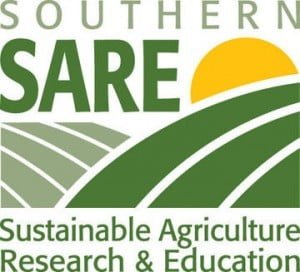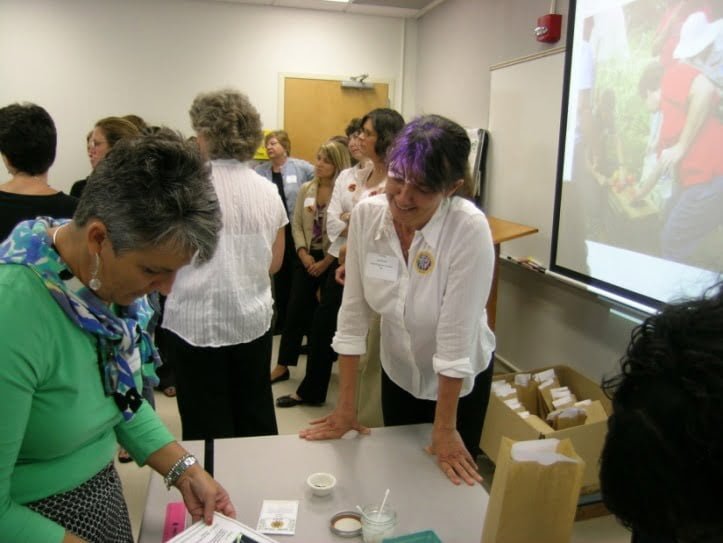(2010-2011) As an Extension agent, your work with agricultural producers, youth, and community education puts you in the unique position to offer an integrated approach to Farm to School and become a leader in the movement. As Farm to School continues to grow, farmers and other community members will look to Cooperative Extension for help implementing Farm to School initiatives.
Recognizing this, ASAP and Growing Minds embarked on the two-year Building Capacity: Farm to School project in 2010 designed to build the capabilities of Extension, agricultural professionals, and communities in the development of Farm to School initiatives. During this project, ASAP organized teams for NC, SC, and GA to design and implement Farm to School training relevant to Extension and other professionals. Teams included farmers, Extension, School Food Service Directors (SFSDs), and SARE state coordinators.
As part of the project, ASAP and partners also conducted a Farm to School needs assessment of Cooperative Extension professionals in the region. Responses indicated that training and technical assistance was one of the most significant barriers to implementing Farm to School (second only to lack of funding.) A multi-state conference, held in August 2011, addressed this need and equipped Extension professionals with the information and resources they need to define their role in Farm to School. These roles range from educating farmers about market opportunities to implementing educational components of Farm to School (helping establish school gardens, recommending farms for field trips, utilizing the Family and Consumer Science portion of Extension to offer local food cooking classes and demonstrations, for example).
Much of Extension’s work is Farm to School, and many of these concepts are not new. By bringing together Extension professionals from across program areas, as well as from multiple states, communities will be able to unify efforts to take a more holistic look at the greater Farm to School movement.
View resources from the August, 2011 conference
 This project was made possible through funding from Southern SARE.
This project was made possible through funding from Southern SARE.

